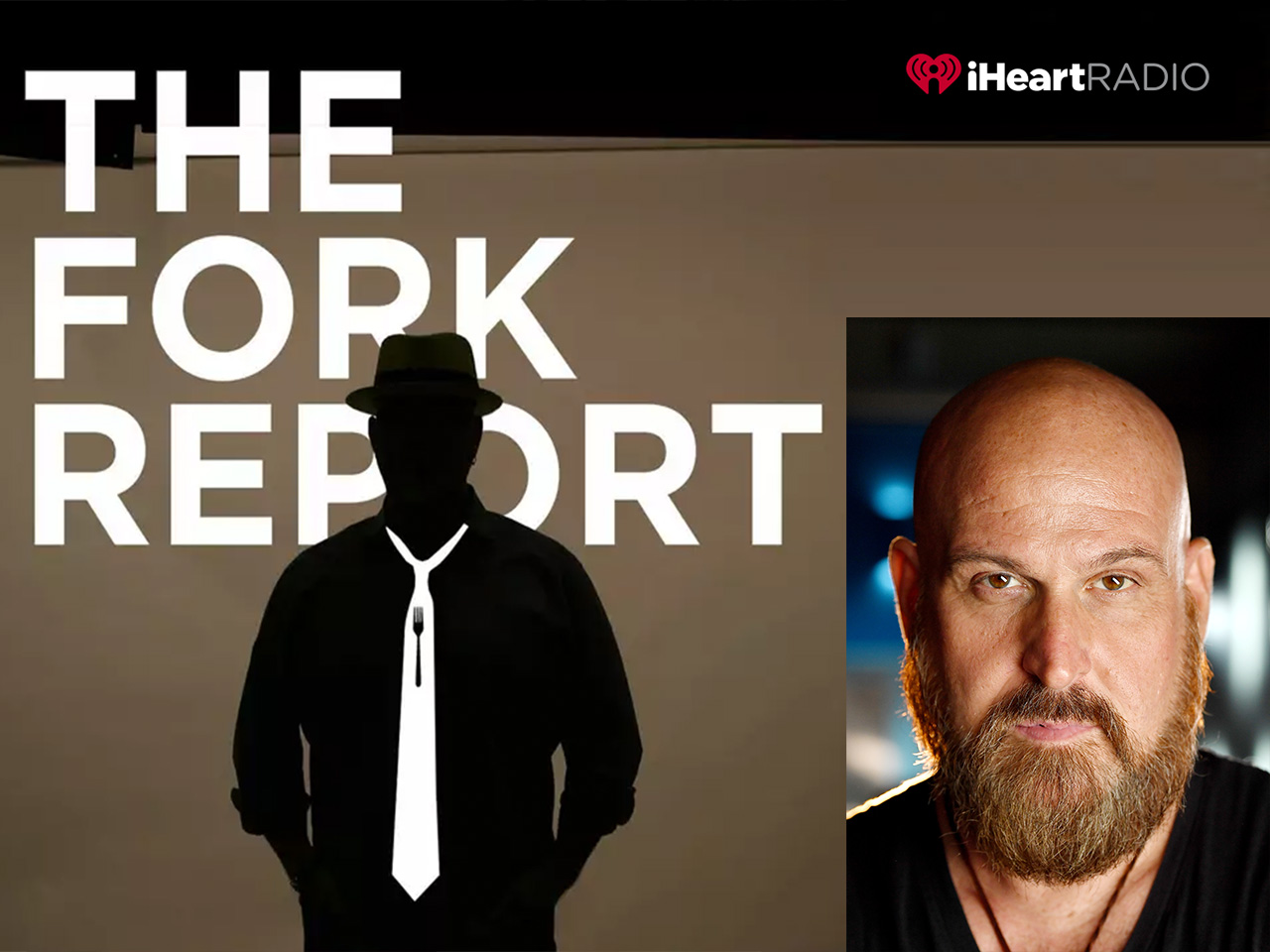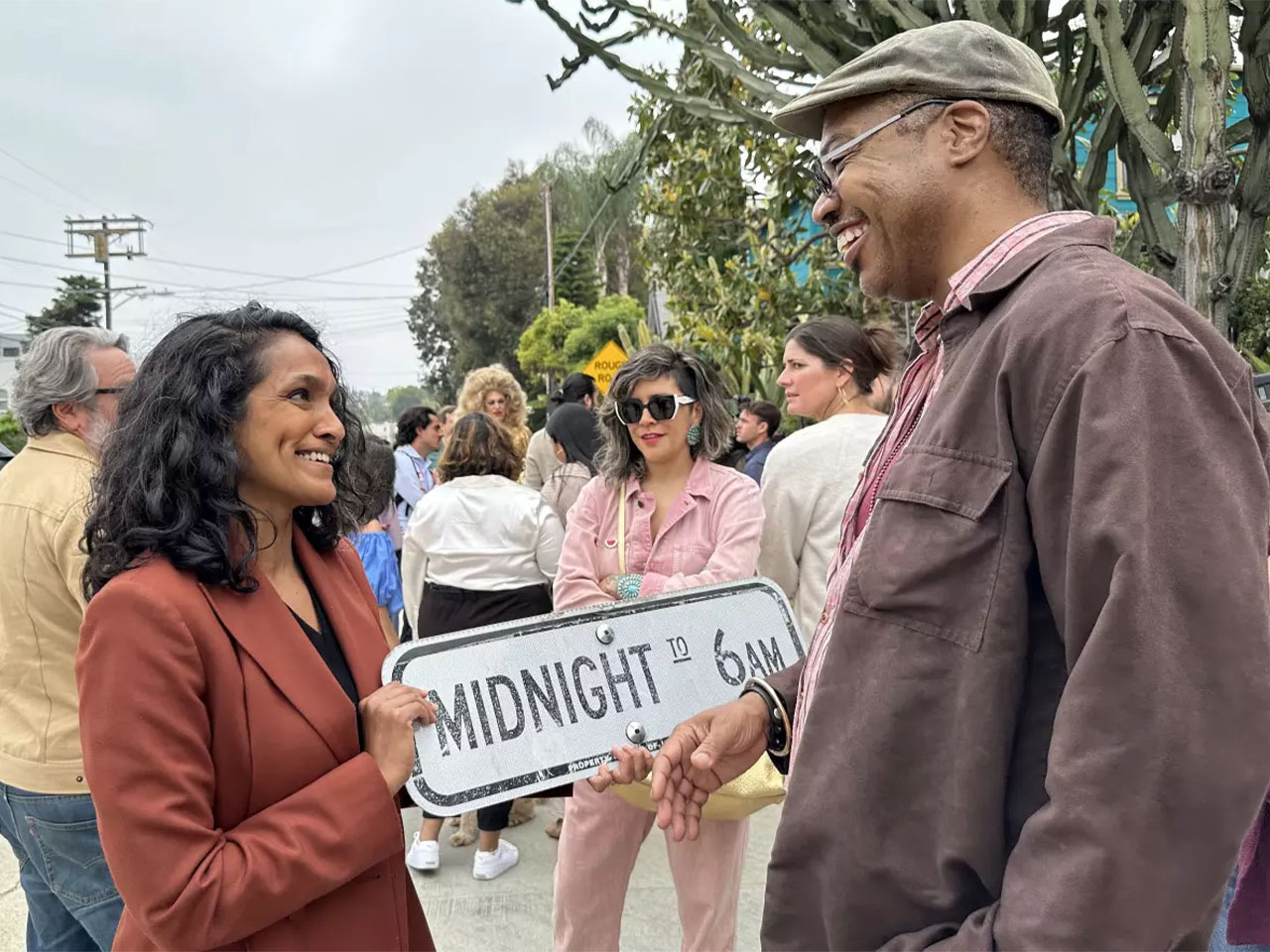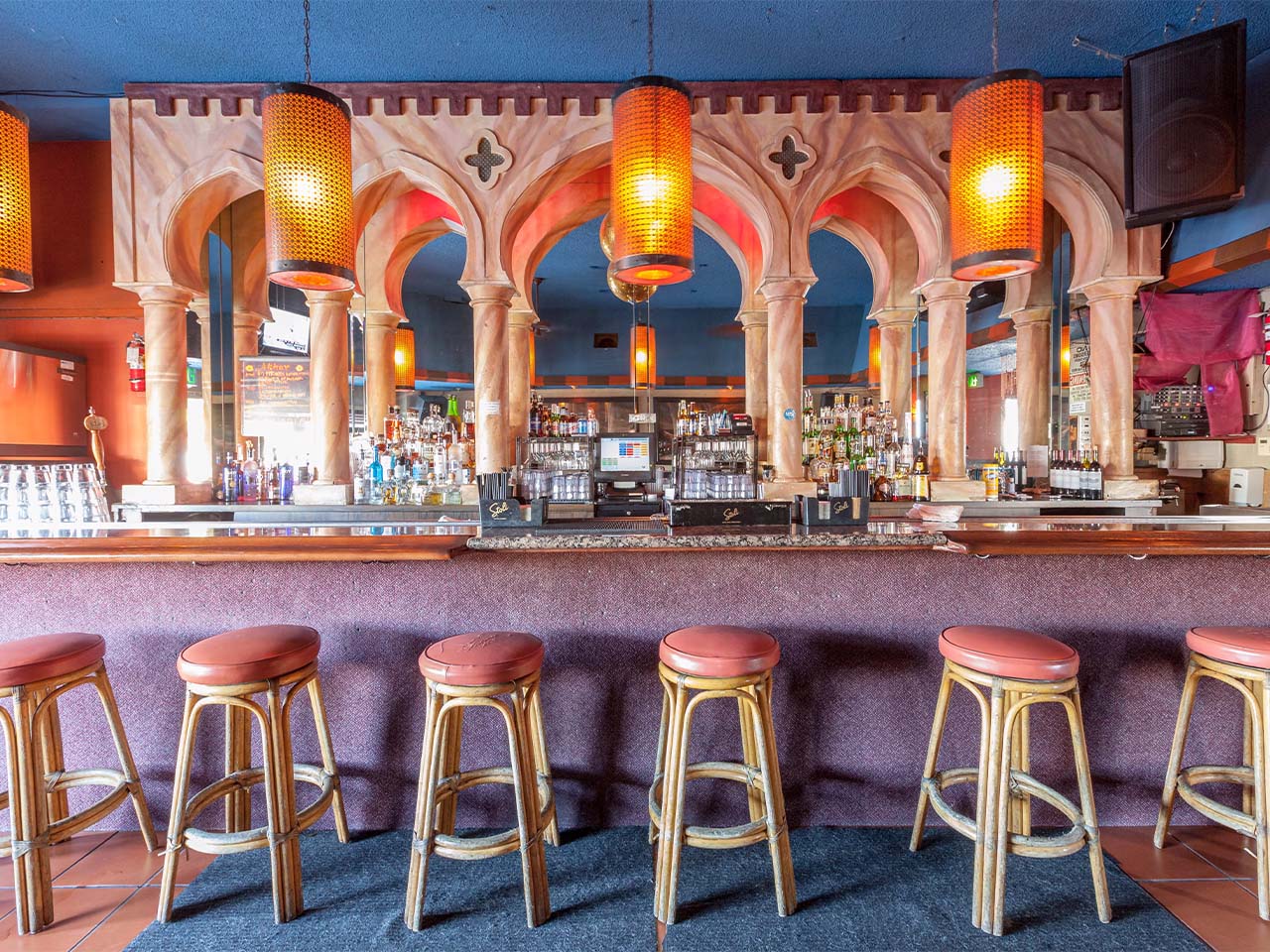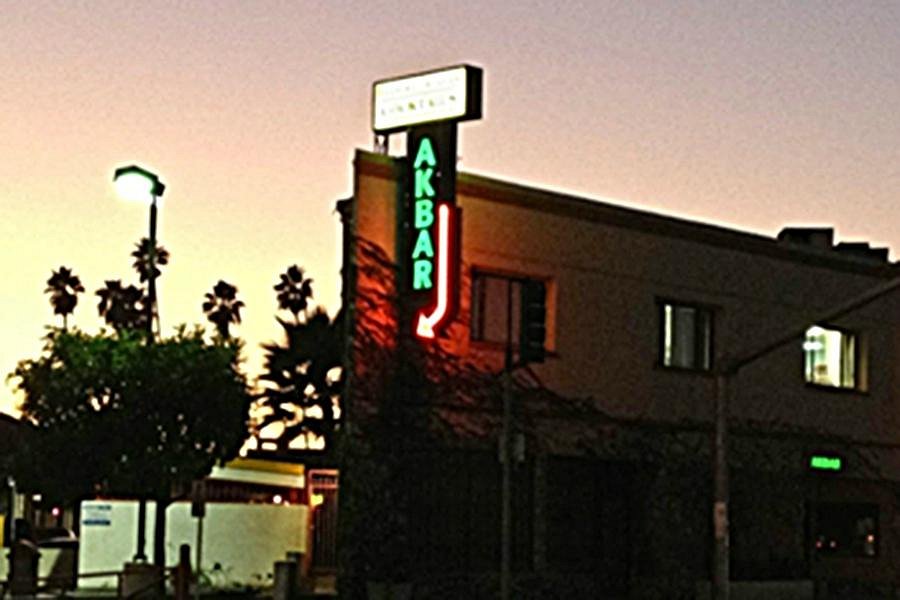
20 Years Of Akbar
Copied from an Original Article in The LA-ist »
By: Juliet Bennett Rylah, July 26, 2016
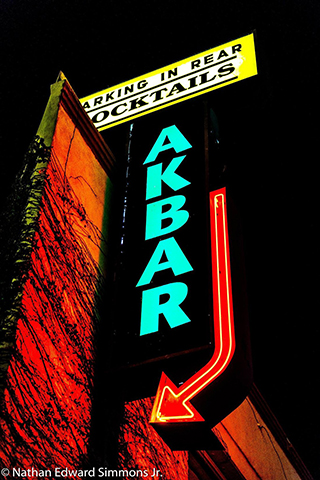
Back in the early 90s, Scott Craig and Peter Alexander were living in Silver Lake, going to live shows and throwing parties. Their love of punk rock and parties and their desire to create a bar where gay and straight people could party together inspired them to buy a defunct piano bar and transform it into what is now known as Akbar. This year, Akbar turns 20 years old. Alexander had grown up in Los Angeles. Craig had traveled around as his father was in the Air Force, but mostly grew up in the Bay Area. The two would ultimately come to meet in L.A. in the early 80s where they were both hanging out in L.A.’s punk rock circles. They eventually became a couple and dreamed up the idea of opening a bar together in order to make their own “clubhouse” where they could drink and hang out with their friends. Much has changed in the 20 years since the pair opened Akbar: they’re no longer a couple, the neighborhood has gentrified, and our nation’s attitude towards gays has changed immensely for the better. But the bar has remained true to its roots, selling cheap, basic drinks and offering a casual space for people from any walk of life to unwind.
In the early ’90s, Silver Lake had plenty of gay bars. Alexander said you could have thrown a rock and hit one. The problem was that the bars were not particularly integrated then. You had your gay bars and you had your straight bars. In the punk rock scene Craig and Alexander loved, it wasn’t like that.
“Everyone was just on equal footing,” Craig said.
“They didn’t care about your sexuality or sex, or anything.”
Alexander said he and Craig spent the 80s at underground clubs, which he called a “pre-rave type of thing.” There was the AntiClub, and then the Theoretical Club, which occasionally took place on Sunday afternoons at a leather bar. It was not uncommon to see men in their leather and goth kids hanging out in one place, Craig recalled.
“But in the early 90s, a lot of those [clubs] closed down and a lot of people died,” Alexander said, referring to the AIDS epidemic.
It soon occurred to Craig and Alexander that if they wanted a place for their gay and straight friends to hang out together that wasn’t their house, they might have to make their own.




